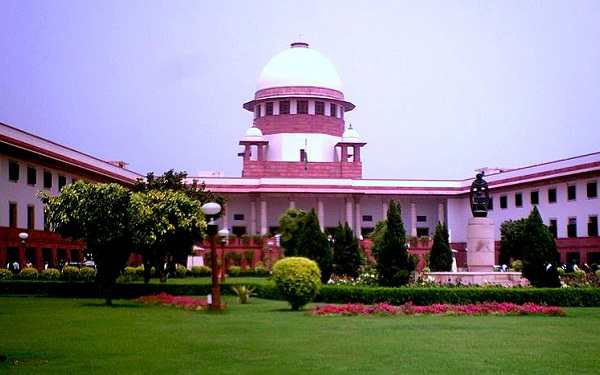The Supreme Court today (i.e. 21.07.2015) rejected the Curative Petition of Yakub Abdul Razak Memon, the sole death convict in the 1993 Mumbai Serial Blasts Case. The Curative Petition was decided in Chambers by Chief Justice H.L. Dattu, Justice T.S. Thakur and Justice Anil R. Dave wherein it was held as follows:

“The petitioner has raised certain grounds in the Curative Petition which would not fall within the principles laid down in the case of Rupa Ashok Hurra vs. Ashok Hurra & Another, reported in 2002 (4) SCC 388. In the said decision the Court has concluded that Curative Petition can be entertained provided the petitioner establishes:
1. Violation of the principles of natural justice in that he was not a party to the lis but the judgment adversely affected his interest or, if he was a party to the lis, he was not served with notice of the proceedings and the matter proceeded as if he had notice, and;
2. where in the proceedings a learned judge failed to disclose his connection with the subject-matter or the parties giving scope for an apprehension of bias and the judgment adversely affects the petitioner.
Since none of the grounds stated in the Curative Petition would fall within the parameters indicated in the case of Rupa Ashok Hurra (Supra), the Curative Petition stands dismissed.
Ordered accordingly.”
The Supreme Court had on 21st March 2013 upheld the death penalty of Yakub Memon awarded by the TADA Court, for his role in the 13 blasts in Mumbai in 1993, for which he arranged finances for carrying the explosions which led to the death of 257 persons and injured more than 700 persons.
The Supreme later stayed the execution of the death sentence in 2014 after Yakub Memon filed a Review Petition in the Supreme Court against the said Judgment dated 21st March 2013. This Review Petition was finally dismissed by a three-judge bench of Supreme Court on 9th April 2015.
The Mercy Petition filed before President Pranab Mukherjee was also rejected in May last year.
The Curative Petition filed by Yakub Memon was the last legal recourse available to him to avoid the execution of the death penalty. As per the law, once a case has been finally decided by the Supreme Court, the same is final and binding, and no appeal is possible to any other Court in India. However Article 137 of the Constitution of India provides for a ‘Review’ of the judgment passed by the Supreme Court, it reads as follows:
“137. Review of judgments or orders by the Supreme Court.- Subject to the provisions of any law made by Parliament or any rules made under Article 145, the Supreme Court shall have power to review any judgment pronounced or order made by it.”
It is interesting to note that there is no provision in any statute (including the Constitution of India) for any kind of further recourse/relief to any court, to file for appeal/review/revision against the said decision of the Supreme Court pursuant to the Review Petition filed under Article 137 of the Constitution. However the Supreme Court created the concept of Curative Petition in the case of Rupa Ashok Hurra v. Ashok Hurra and Another (2002) 4 SCC 388, wherein it provided that even after the dismissal of the Review Petition, the aggrevied person is entitled to a relief against the same. This case laid down detailed grounds and conditions in which a curative petition will be accepted and heard by the Supreme Court.
Meanwhile, on 29th April 2015, a death warrant has already been issued and signed by Special TADA [Terrorist and Disruptive Activities (Prevention) Act] Judge G.A. Sanap, Mumbai, which says that Yakub Memon would be hanged at the Central jail in Nagpur at 7 a.m. on 30th July 2015.
Thus, it is most likely that Yakub Memon, a Chartered Accountant by profession and younger brother of the proclaimed offender Tiger Memon, will be hanged on the said date, as all legal remedies available to him have been exhausted. He has been languishing in jail for about 20 years now, having been first arrested in 1994 and presently in the Central Jail, Nagpur, where he is set to be hanged.

